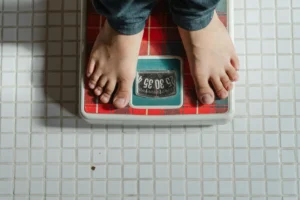In Bethel, Alaska, where winters are harsh and temperatures plummet, it’s essential to stay prepared for the cold. Understanding the risks of cold-related injuries in Bethel, Alaska, like frostbite and hypothermia, is the first step to staying safe. Watch for early signs and symptoms and seek warmth and shelter if you notice them.
You must know where to find help and have emergency supplies on hand, just in case. AI-powered tools can provide valuable information and support in emergencies. Medical professionals have protocols for treating cold-related injuries in Bethel, Alaska, so don’t hesitate to seek assistance if you or someone you’re with experiences symptoms of cold exposure.
Most Common Cold-Related Injuries in Bethel, Alaska
These cold-related injuries are common in Bethel’s frigid climate, but you can enjoy the winter season safely with awareness and proper precautions.
1. Frostbite:
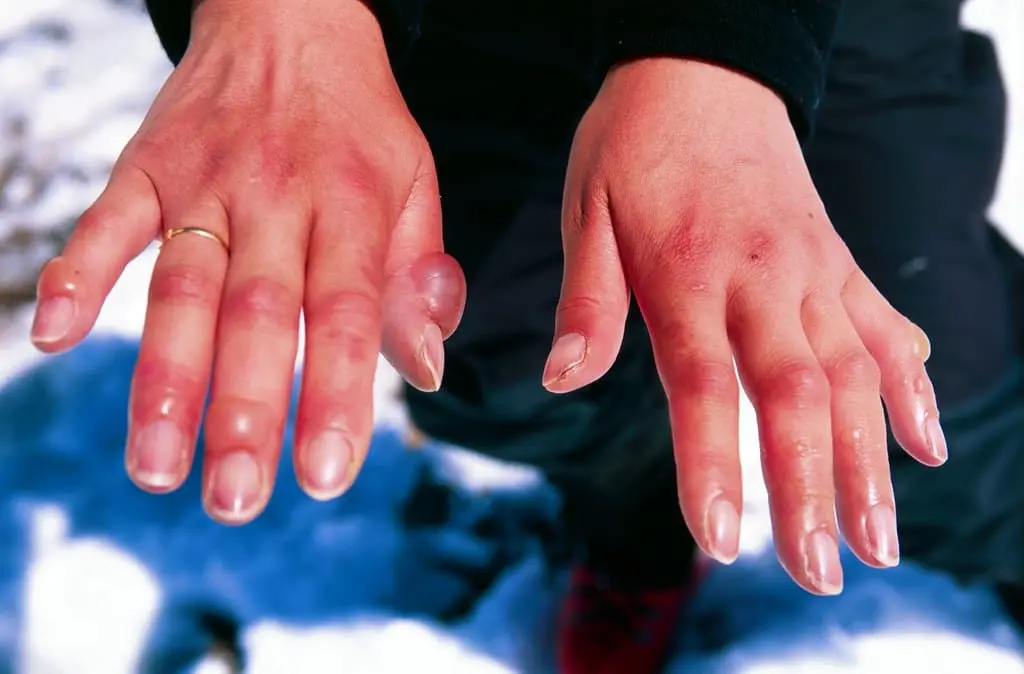
Frostbite happens when your skin and underlying tissues freeze due to exposure to cold temperatures. A study shows how serious frostbite injuries can be in Alaska, with a 5.00% mortality rate for severe cases during a specific time in winter.
Frostbite can cause numbness, discoloration, and potentially severe tissue damage. It is a real risk in Bethel’s icy climate, especially if you need to dress appropriately for the cold.
2. Hypothermia:
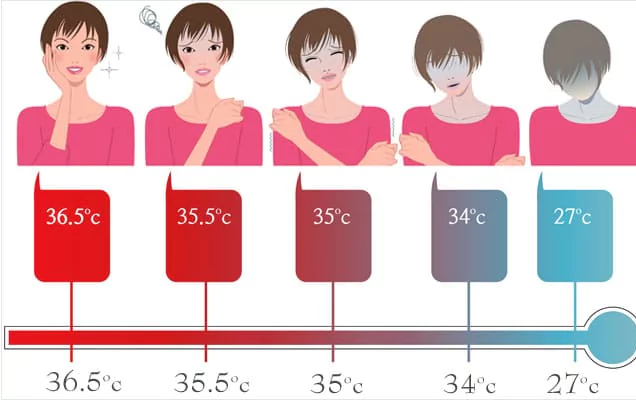
Hypothermia occurs when your body’s core temperature drops dangerously low, usually because you’ve been exposed to cold weather for too long. Symptoms include confusion, shivering, and loss of coordination. In Bethel, where winters can be brutal, you must watch out for signs of hypothermia and seek warmth if you notice them.
3. Cold-Induced Asthma:
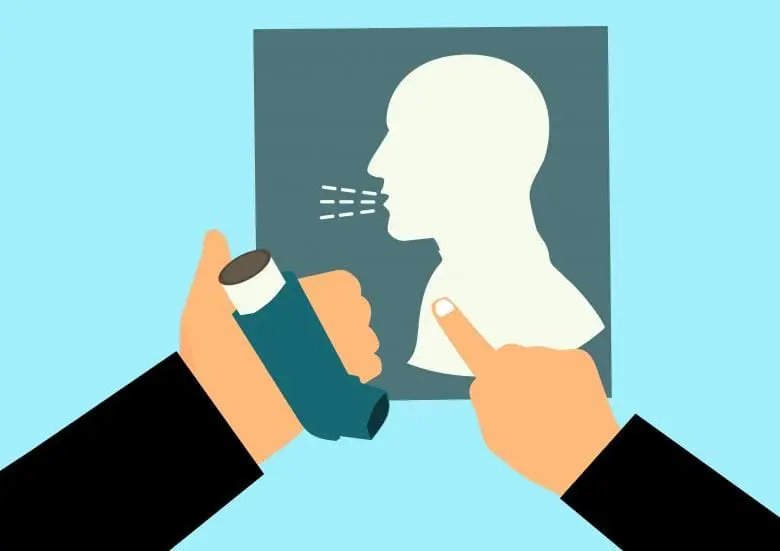
Cold-induced asthma is a type of asthma triggered by breathing in cold air. It can cause airway constriction and inflammation, leading to wheezing and shortness of breath. In Bethel’s chilly climate, cold-induced asthma can be a concern, especially for people with pre-existing respiratory conditions.
4. Chilblains:
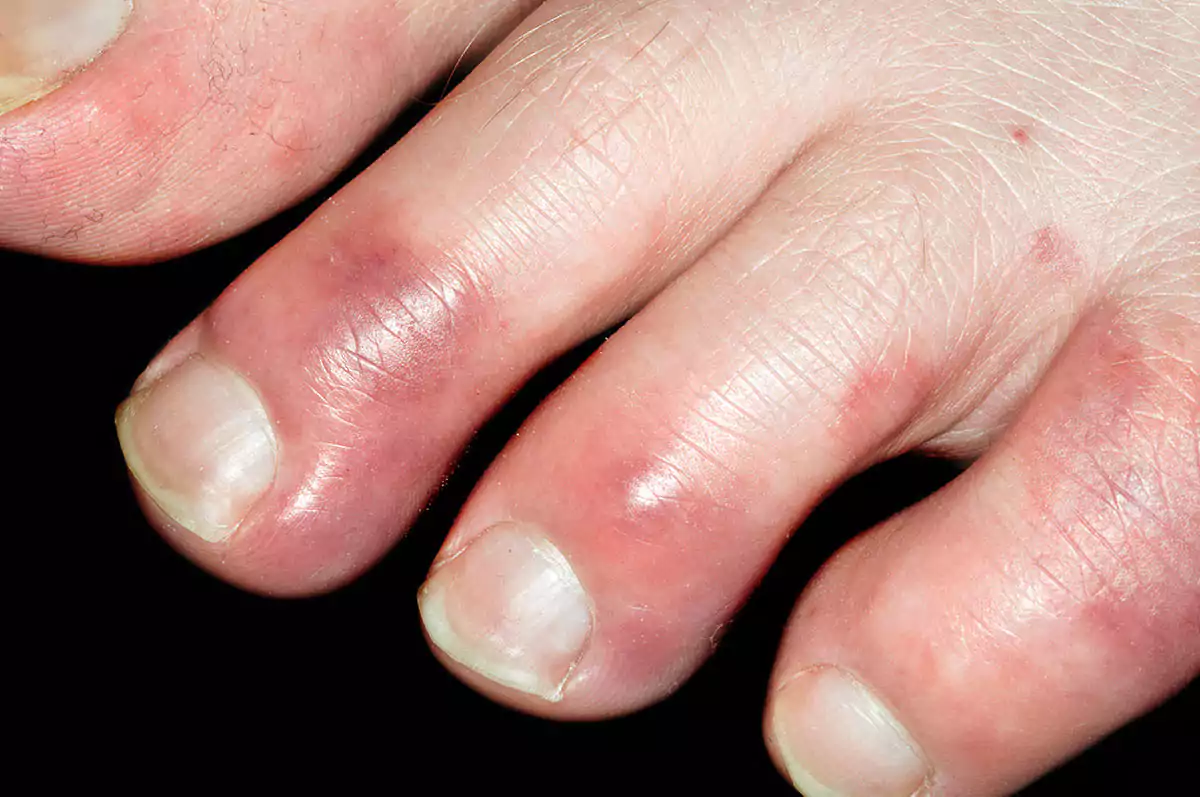
Chilblains are inflammatory skin lesions that respond to repeated exposure to cold and humidity. They typically affect the hands, feet, ears, and face and can cause itching, redness, swelling, and blistering. In Bethel’s cold and damp conditions, chilblains are a common cold-related injury.
5. Cold-Related Dehydration:
Cold-related dehydration can happen when you don’t drink enough fluids in cold weather. Cold temperatures can suppress your thirst, making you underestimate your fluid needs. In Bethel, where people may be active outdoors even in winter, staying hydrated is crucial to prevent cold-related dehydration.
6. Trench Foot (Immersion Foot):
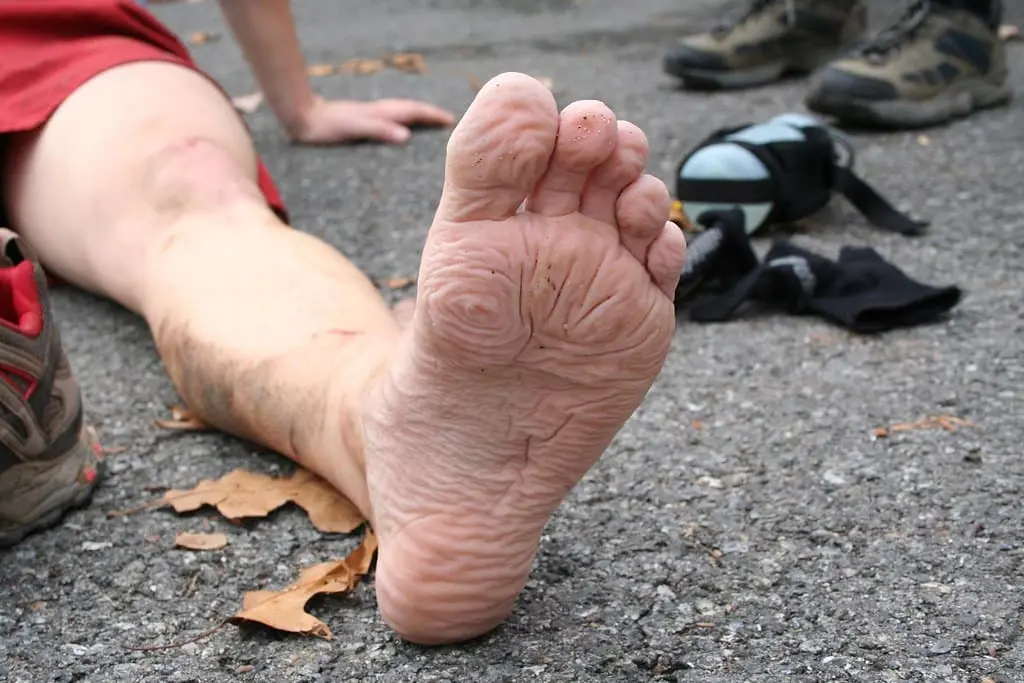
Trench foot, or immersion foot, occurs when your feet are exposed to wet and cold conditions for an extended period. It can cause pain, numbness, swelling, and even tissue damage. In Bethel’s icy climate, proper footwear and keeping your feet dry are essential to avoid trench foot.
7. Snow Blindness:
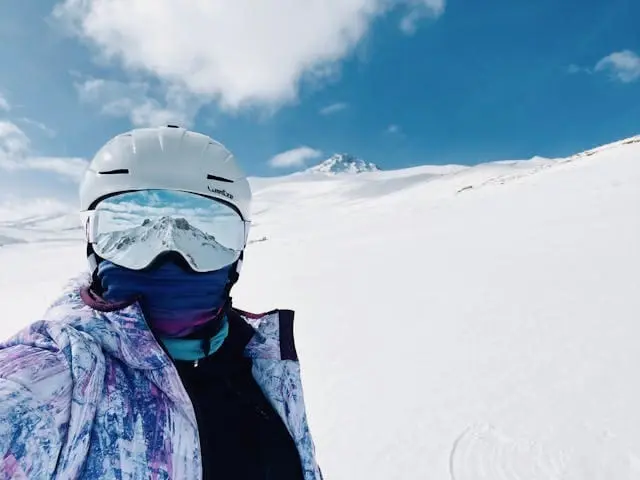
Snow blindness, also called photokeratitis, occurs when your eyes are exposed to the sun’s ultraviolet (UV) rays, usually reflected off snow or ice. It can cause pain, redness, tearing, and temporary vision loss. In Bethel, where snow is abundant, wearing sunglasses or goggles with UV protection is crucial to prevent snow blindness.
8. Cold Burns (Frostnip):
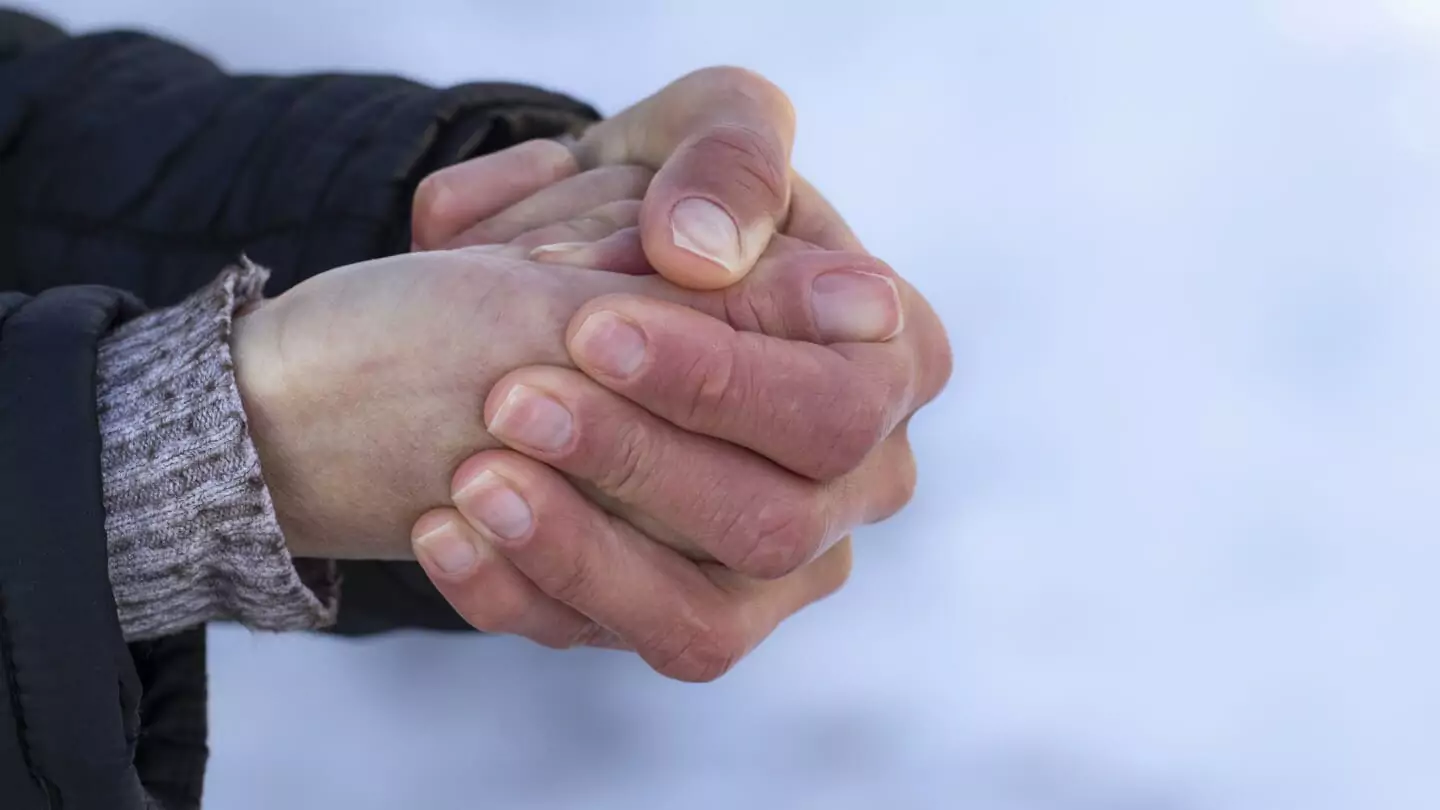
Cold burns, or frostnip, are superficial skin injuries caused by exposure to freezing temperatures. They can cause numbness, tingling, and redness in the affected area but usually don’t result in permanent damage. In Bethel’s chilly climate, frostnip can occur if you need to be properly dressed for the cold.
9. Carbon Monoxide Poisoning:
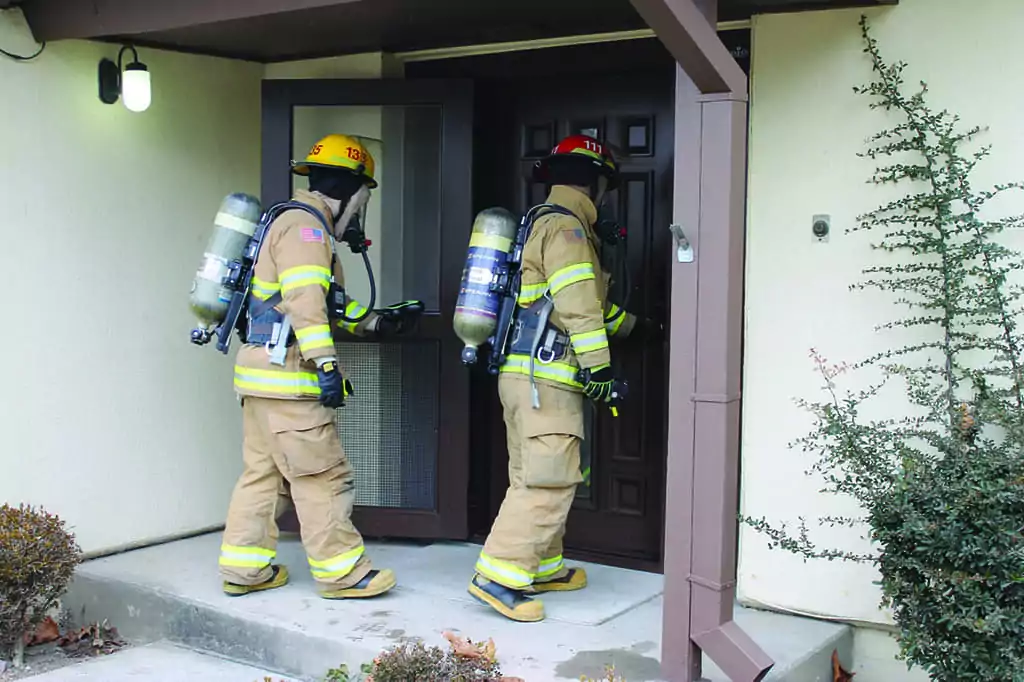
Carbon monoxide (CO) poisoning can occur when you’re exposed to high levels of CO gas, often from improperly ventilated heating sources like gas furnaces or wood-burning stoves. Symptoms include headache, dizziness, nausea, and confusion. In Bethel, where heating is crucial in winter, proper ventilation is important to prevent CO poisoning.
10. Winter Sports Injuries:
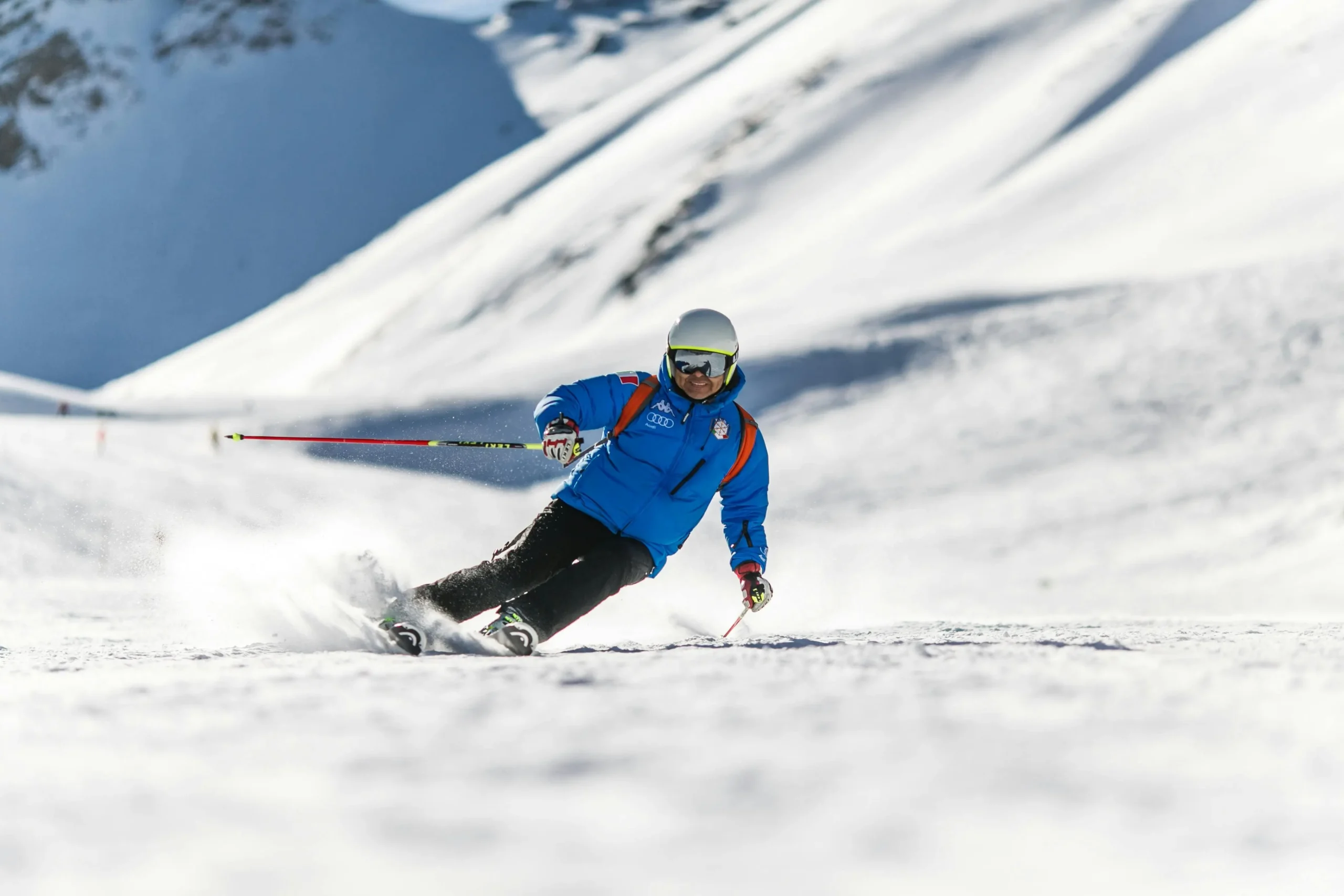
Winter sports injuries, such as sprains, strains, fractures, and concussions, can occur during skiing, snowboarding, and ice skating. Safety precautions and proper equipment are essential to prevent winter sports injuries in Bethel, where outdoor recreation is prevalent even in winter.
How to Prevent Cold-Related Injuries in Bethel’s Harsh Winter Climate?
- Dress warmly in layers to trap heat close to your body and protect against different weather changes.
- Wear insulated, waterproof outer layers to shield against wind and moisture.
- Wear gloves, hats, and scarves to cover exposed skin, such as hands, feet, and faces, to prevent frostbite.
- Drink plenty of fluids to prevent dehydration in cold weather, even if you don’t feel thirsty.
- Eat nutritious, high-energy foods to fuel your body and maintain warmth.
- Take regular breaks indoors to warm up and avoid prolonged exposure to cold temperatures.
- Be aware of weather forecasts and avoid outdoor activities during extreme cold or inclement weather conditions.
- Use heating sources safely and ensure proper ventilation to prevent carbon monoxide poisoning.
- Educate yourself and others about the signs and symptoms of cold-related injuries in Bethel, such as hypothermia and frostbite, and know when to seek medical help.
What are the Most Common Injuries in Alaska?
The most common cold-related injuries in Bethel include frostbite and hypothermia.
How Many People Freeze to Death in Alaska in 2024?
In February 2024, over this year, at least 49 homeless people died from freezing on Alaska’s streets.
Is Hypothermia Common in Alaska?
Hypothermia is relatively common in Alaska, especially during winter, due to extreme temperatures and outdoor activities.
How Do People Survive the Cold in Alaska?
People survive the cold in Alaska by dressing warmly in layers, seeking shelter during extreme weather, and using heating sources safely.
How Do People in Alaska Stay Warm in the Winter?
Alaskans stay warm in winter by using insulation, heating systems, and wearing insulated clothing. They also rely on community support and survival skills.






